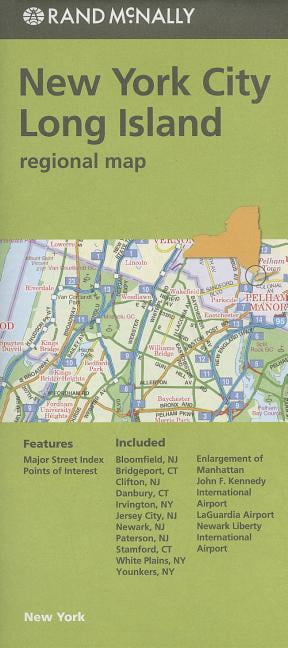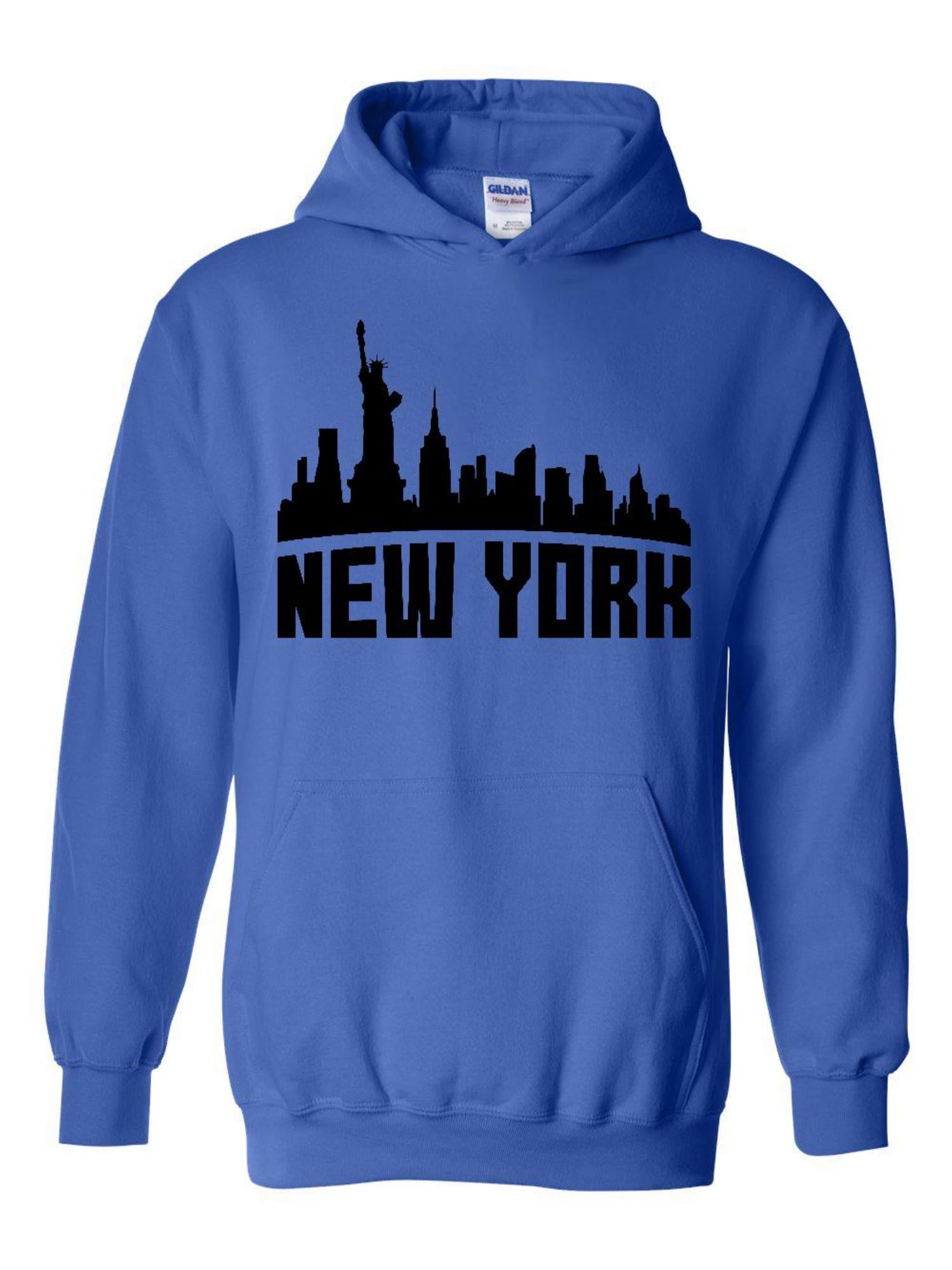


New York City and New York State impose multiple taxes that may apply to transient occupancy or tourist use, subject to certain exemptions. Rent Guidelines Board’s website provides helpful resources regarding rent control and rent stabilization issues. If you live in a property subject to rent stabilization or rent control, you should review these rules carefully. New York State’s website) sets out rules for rent stabilized (Section 26-501-26-520) and rent control (Section 26-401-26-415) properties.
Button city new york zip code code#
The New York Administrative Code (available under “ADC” on Penalties on those who are found by the New York City Office of Special Enforcement to be violating this law begin at $1,000 for the first violation. New York State has also banned advertisement for rentals in “Class A” dwellings that are in violation of the Multiple Dwellings Law’s restriction on short-term rentals. The law contains certain exemptions for rentals to a “boarder, roomer or lodger.” Advertising The definitions of "Class A" and "multiple dwelling" can be found in Sections 4-7 and 4-8 of Article 1 of the Multiple Dwelling Law. New York State Multiple Dwelling Law restricts renting out a Class A multiple dwelling for periods of fewer than 30 days when the host is not present. For more information, please consult the City’sīusiness regulation finder, and the New York Administrative Code (available under “ADC” on
Button city new york zip code license#
You may be required to obtain a special license or permit in New York. If you have more questions on hosting requirements in New York, be sure to check out our Help Center too. As always, we’ll continue to advocate for our host community and responsible home sharing in New York City. We know that navigating these regulations can be challenging. Shared rooms that have capacity for 2 or fewer guestsĮven though their data won’t be shared, hosts of exempt listings are still required to consent to data-sharing in the event that their listing status or type changes.Private rooms that have capacity for 2 or fewer guests.Hosts who rent for 4 or less nights per quarter.Class B listings, like licensed hotels, published on an exemption list managed by the City.Some listing types are exempt and won’t have their listing data shared with the City. Hosting 30 nights or more can also help you to reach new types of guests, like professionals working remotely. In addition to being exempt from data-sharing requirements, it can help you boost your earning potential and reduce guest turnover. There are a number of benefits to hosting 30 nights or longer. That means you’ll only be able to host guests for stays that are 30 nights or longer. If you don’t consent to sharing your data with the City, you won’t be allowed to host short-term stays on Airbnb. Total number of nights booked per listing.Type (ex: entire place, private room etc.).the account name and consistently anonymized identifier for the account number for the account used by host to receive payments.Total amount the platform transmitted to the host.Physical address (street name, street number, apartment or unit number, borough or county, and zip code).Here is a list of the information we’ll disclose to the City of New York: The amended law requires platforms to share data as of Januonwards.

If you consent, we’ll provide information about your hosting and listing activity to the City. Before we do so, we’ll ask for your consent to share this information with the City. The City of New York requires that home-sharing platforms like Airbnb share data about listings and you as a host. To help you navigate these changes and requirements, we’ve put together a guide that breaks them down and explains what they mean for you. If you don’t want to share your hosting and listing data with the City, you can always switch to hosting 30 nights or longer which are exempt from data-sharing. This amendment requires that Airbnb and all other short-term rental platforms obtain your consent to share your hosting and listing data with the City. As a host in New York City, you may have heard that the City recently amended a law that could affect how you host. Over the course of the last 5 years, we’ve been committed to finding a way forward for responsible home sharing with the City of New York. Or other city agencies directly, or consult a local lawyer or tax professional. This list is not exhaustive, but it should give you a good start in understanding your local laws and policies. As a platform we do not provide legal advice, but we want to provide some useful links that may help you better understand laws and regulations in New York. When deciding whether to become an Airbnb host, it's important for you to understand the laws and Airbnb policies in place in your city.


 0 kommentar(er)
0 kommentar(er)
